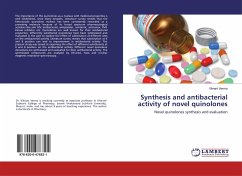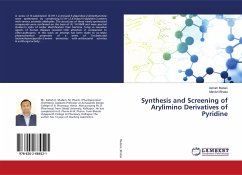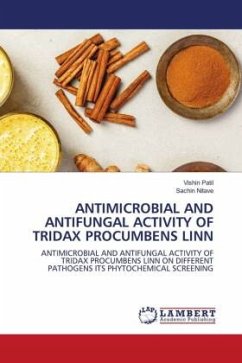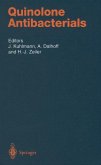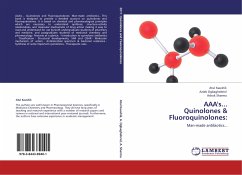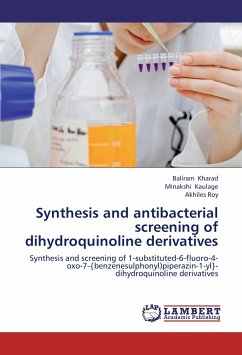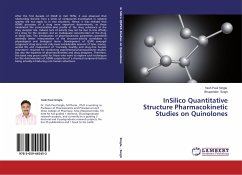The importance of the quinolones as a nucleus with medicinal properties is well established, since many decades. Literature survey reveals that the heterocyclic quinolone nucleus has been consistently rewarded as a promising molecule because of its broad spectrum pharmacological activities like anti HIV, antibacterial, antiplatelet, antibiotic, antitumor, FMS Kinase inhibitor etc. Quinolones are well known for their antibacterial properties, differently substituted quinolones have been synthesized and evaluated in the past to explore the effect of substitution at different sites on the antibacterial activity. Literature survey reveals that substitution at 6 and 8 position can lead to improvement in antibacterial activity. The present study was aimed at exploring the effect of different substituents at 6 and 8 position on the antibacterial activity. Different novel quinolone derivatives are synthesized and evaluated for their antibacterial activity. The synthesized compounds are analysed by infrared, mass and nuclear magnetic resonance spectroscopy.
Hinweis: Dieser Artikel kann nur an eine deutsche Lieferadresse ausgeliefert werden.
Hinweis: Dieser Artikel kann nur an eine deutsche Lieferadresse ausgeliefert werden.

